ASHG 2017
Recent articles
Risk genes for autism overlap with those for attention deficit
People with attention deficit hyperactivity disorder may carry certain rare, harmful mutations in many of the same genes as people with autism.
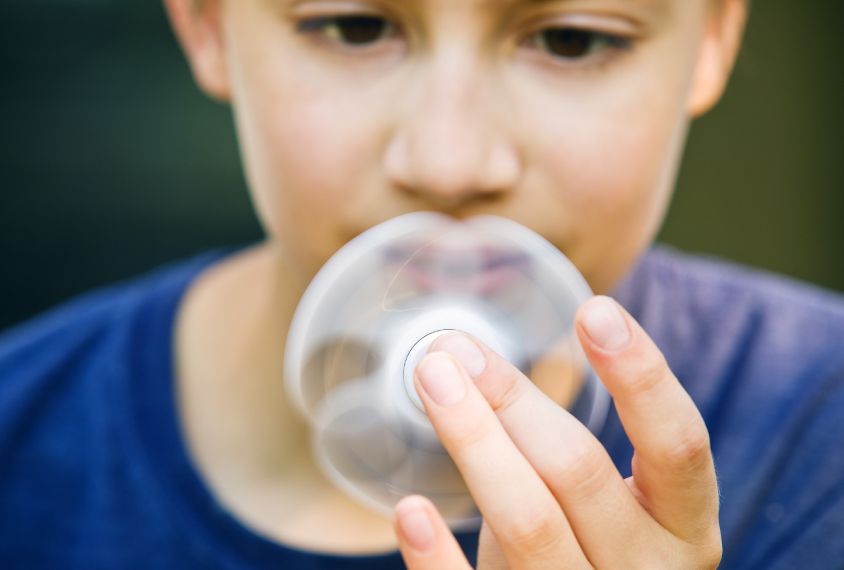
Risk genes for autism overlap with those for attention deficit
People with attention deficit hyperactivity disorder may carry certain rare, harmful mutations in many of the same genes as people with autism.
Second ‘hits’ may explain autism mutations’ varied effects
People who have a mutation linked to autism plus a second genetic glitch tend to have more severe symptoms than those with the mutation alone.
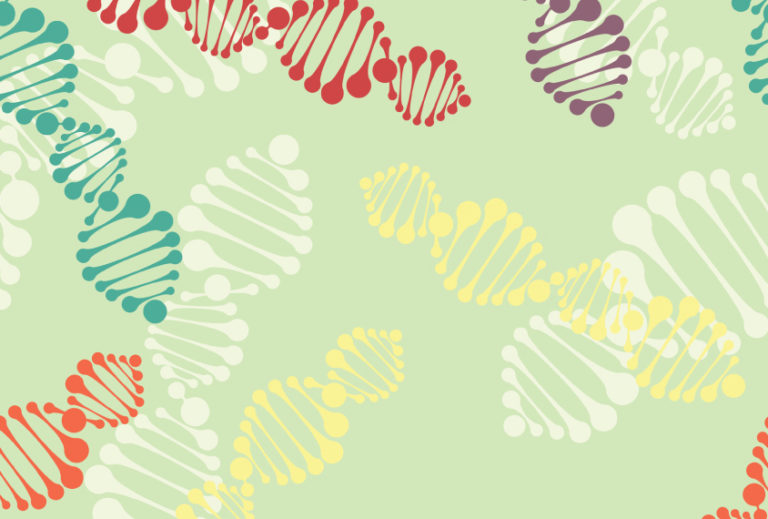
Second ‘hits’ may explain autism mutations’ varied effects
People who have a mutation linked to autism plus a second genetic glitch tend to have more severe symptoms than those with the mutation alone.
Yeast assay illuminates effects of mutations in top autism gene
Mutations in the gene PTEN that are tied to autism may be less harmful than those linked to a syndrome characterized by benign tumors.
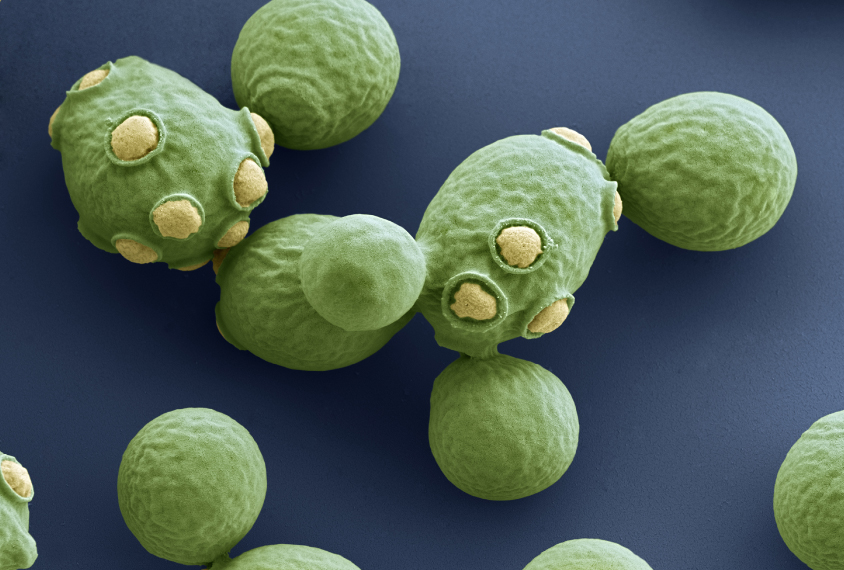
Yeast assay illuminates effects of mutations in top autism gene
Mutations in the gene PTEN that are tied to autism may be less harmful than those linked to a syndrome characterized by benign tumors.
Mosaic mutations in sperm point to increased autism risk
More than 5 percent of mutations thought to have arisen spontaneously in a child with autism may in fact be inherited.
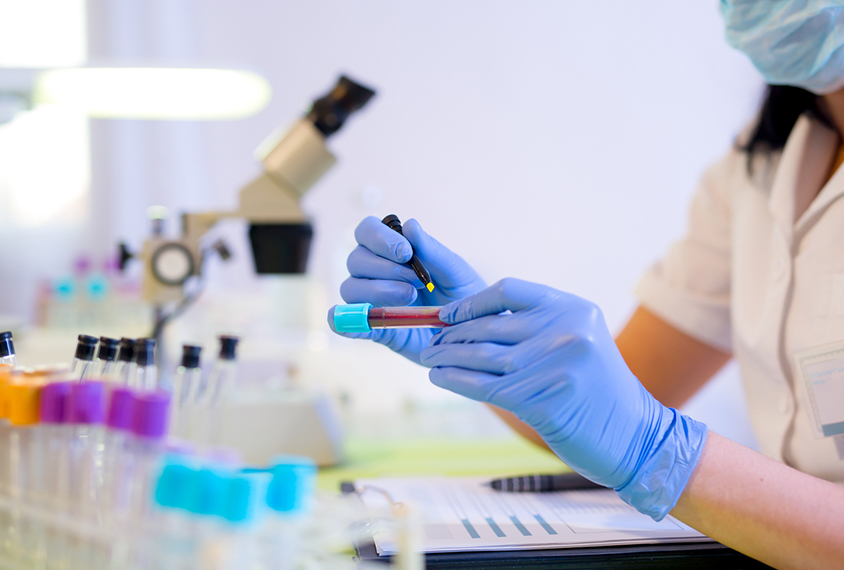
Mosaic mutations in sperm point to increased autism risk
More than 5 percent of mutations thought to have arisen spontaneously in a child with autism may in fact be inherited.
Rare autism mutations linked to low intelligence
People with autism who have rare, damaging mutations tend to have low scores on intelligence tests.

Rare autism mutations linked to low intelligence
People with autism who have rare, damaging mutations tend to have low scores on intelligence tests.
Explore more from The Transmitter
Some facial expressions are less reflexive than previously thought
A countenance such as a grimace activates many of the same cortical pathways as voluntary facial movements.
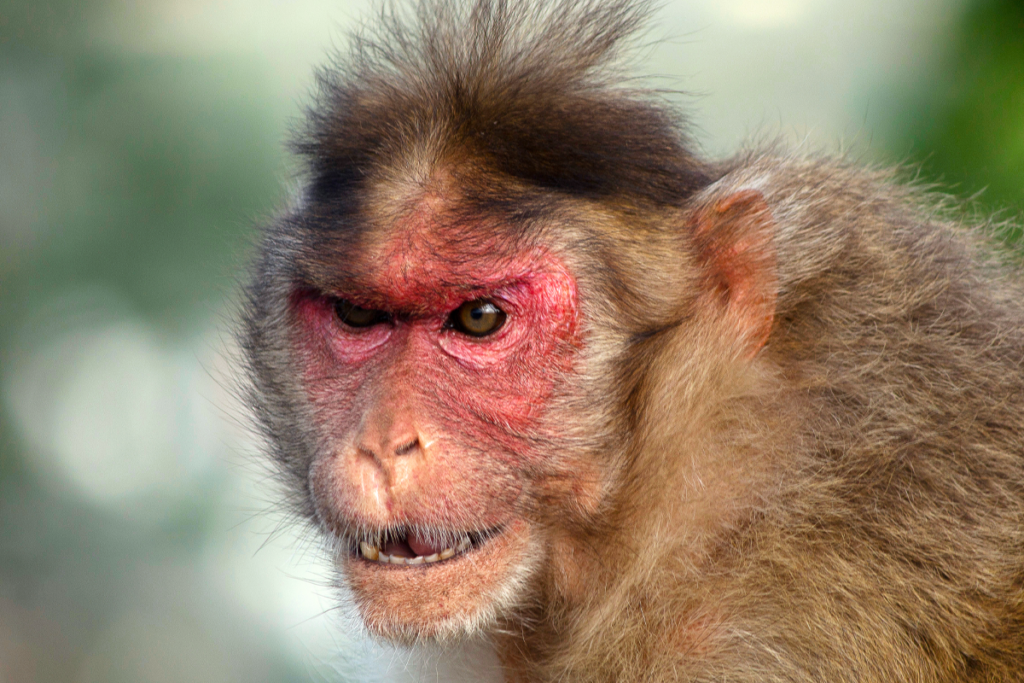
Some facial expressions are less reflexive than previously thought
A countenance such as a grimace activates many of the same cortical pathways as voluntary facial movements.
Cracking the neural code for emotional states
Rather than act as a simple switchboard for innate behaviors, the hypothalamus encodes an animal's internal state, which influences behavior.
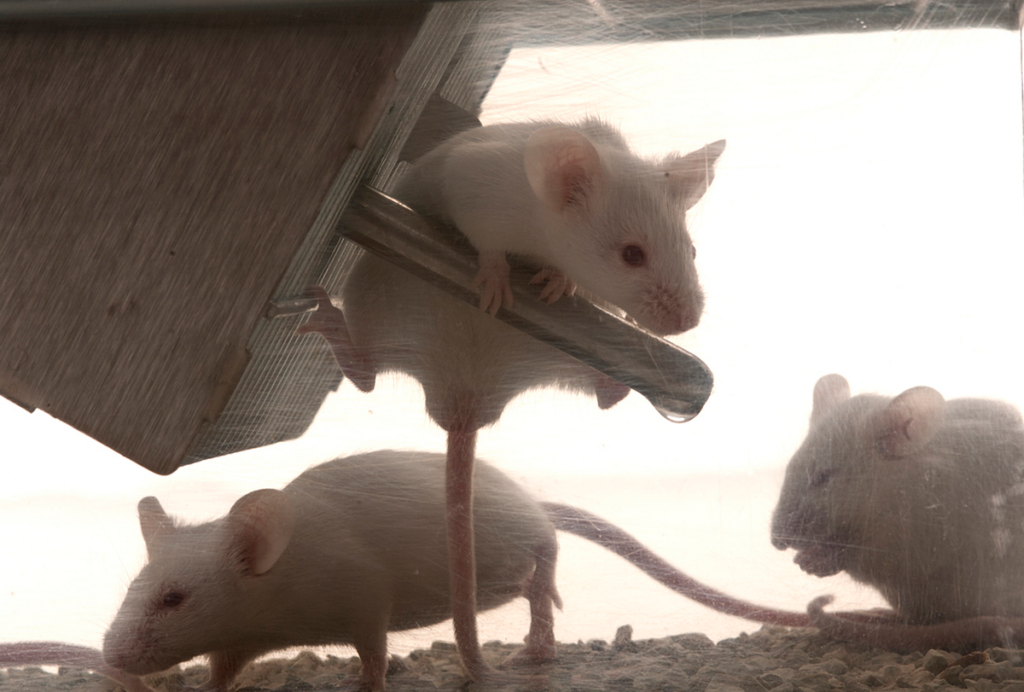
Cracking the neural code for emotional states
Rather than act as a simple switchboard for innate behaviors, the hypothalamus encodes an animal's internal state, which influences behavior.
Alex Maier argues that a scientific explanation of consciousness requires grounding in formalized mathematics
When it comes to discovering laws of nature for consciousness similar to those in physics, Maier argues that integrated information theory is the only game in town.
Alex Maier argues that a scientific explanation of consciousness requires grounding in formalized mathematics
When it comes to discovering laws of nature for consciousness similar to those in physics, Maier argues that integrated information theory is the only game in town.